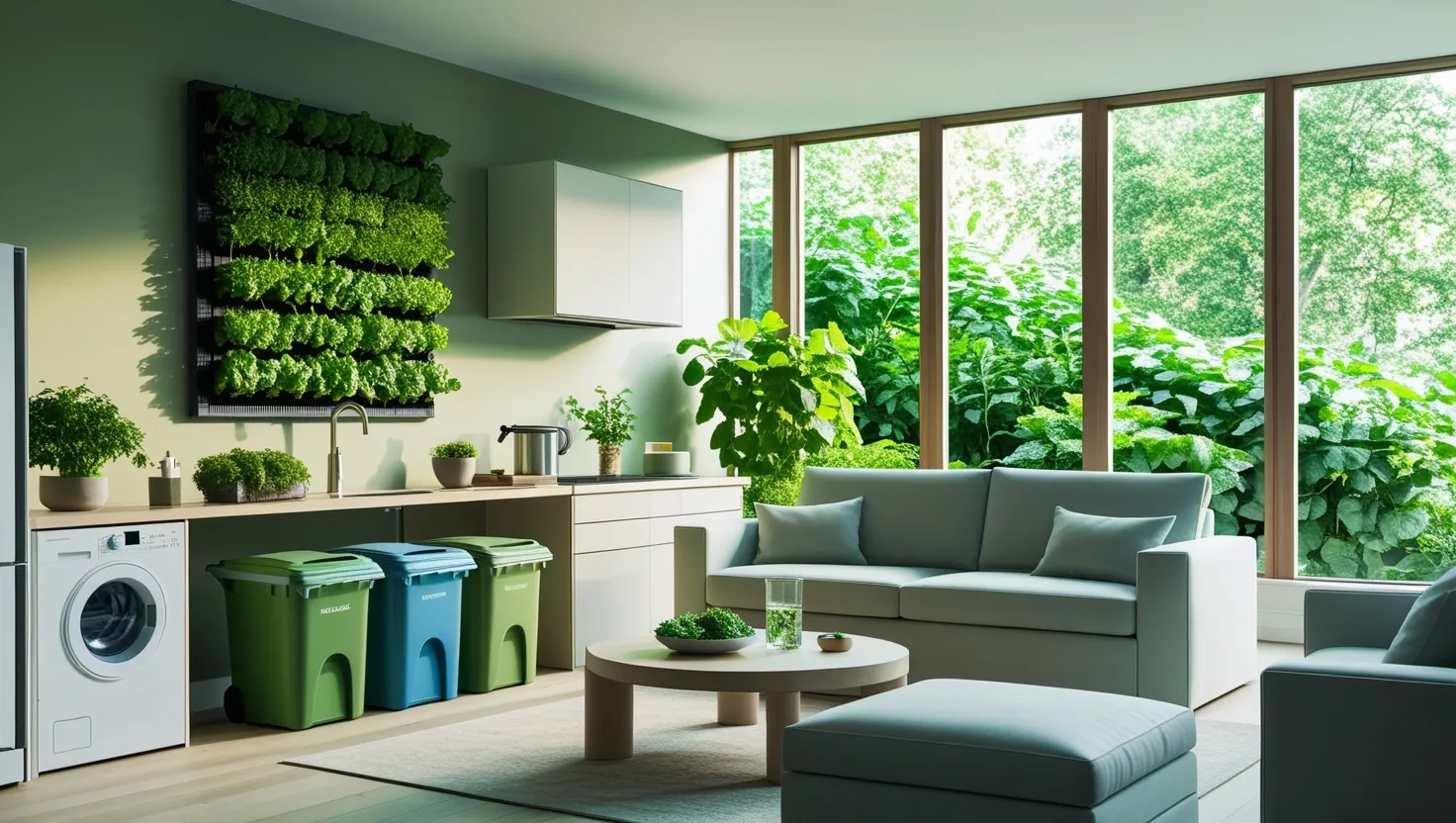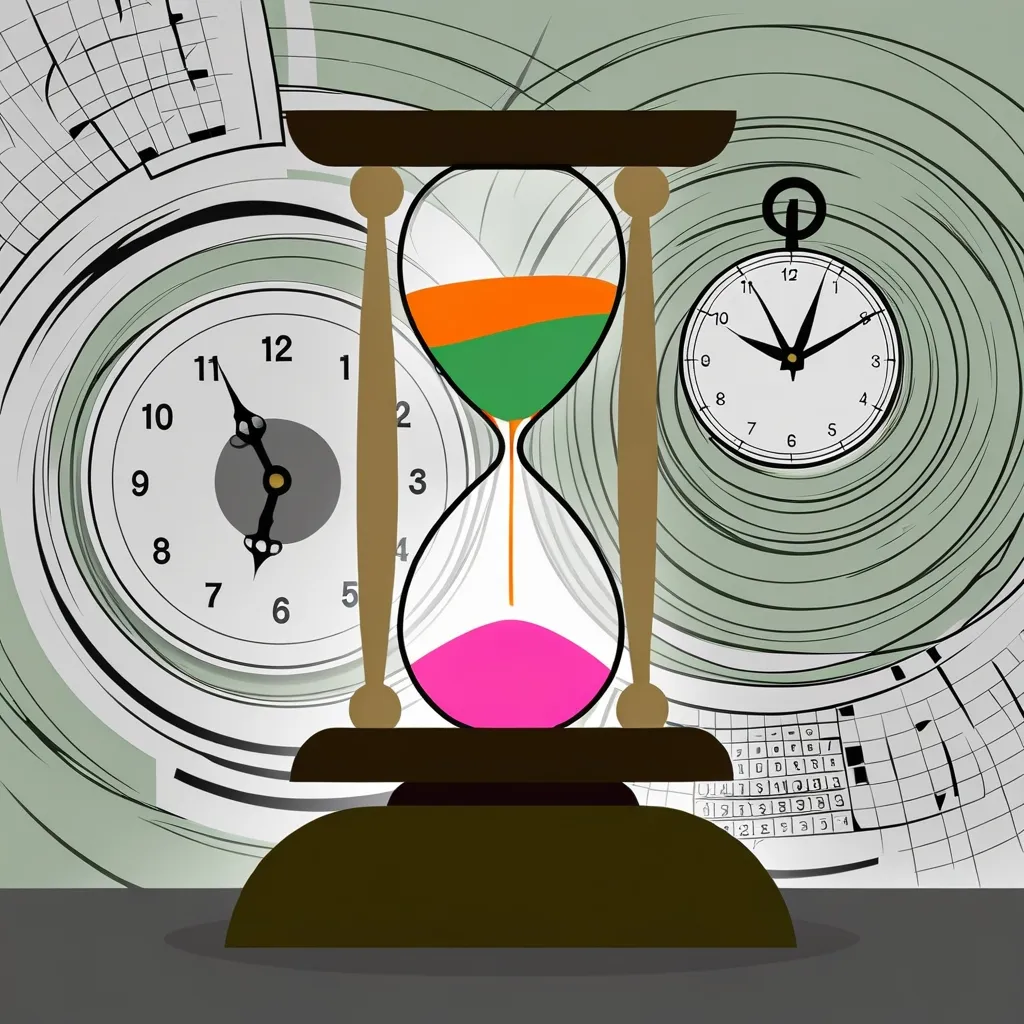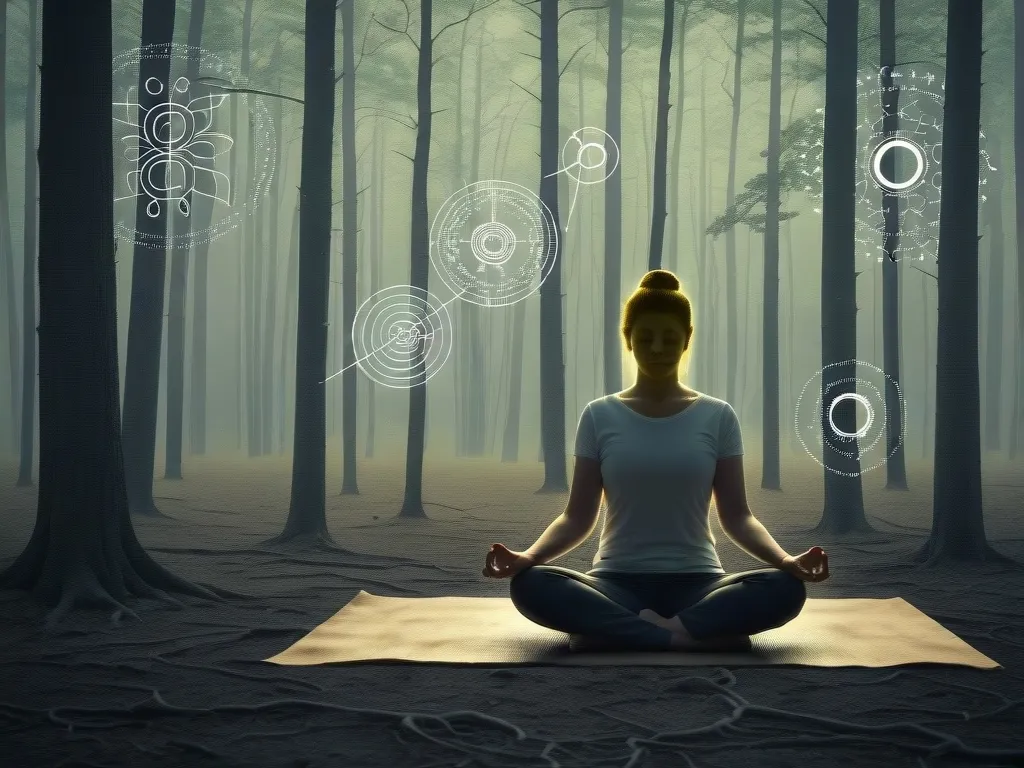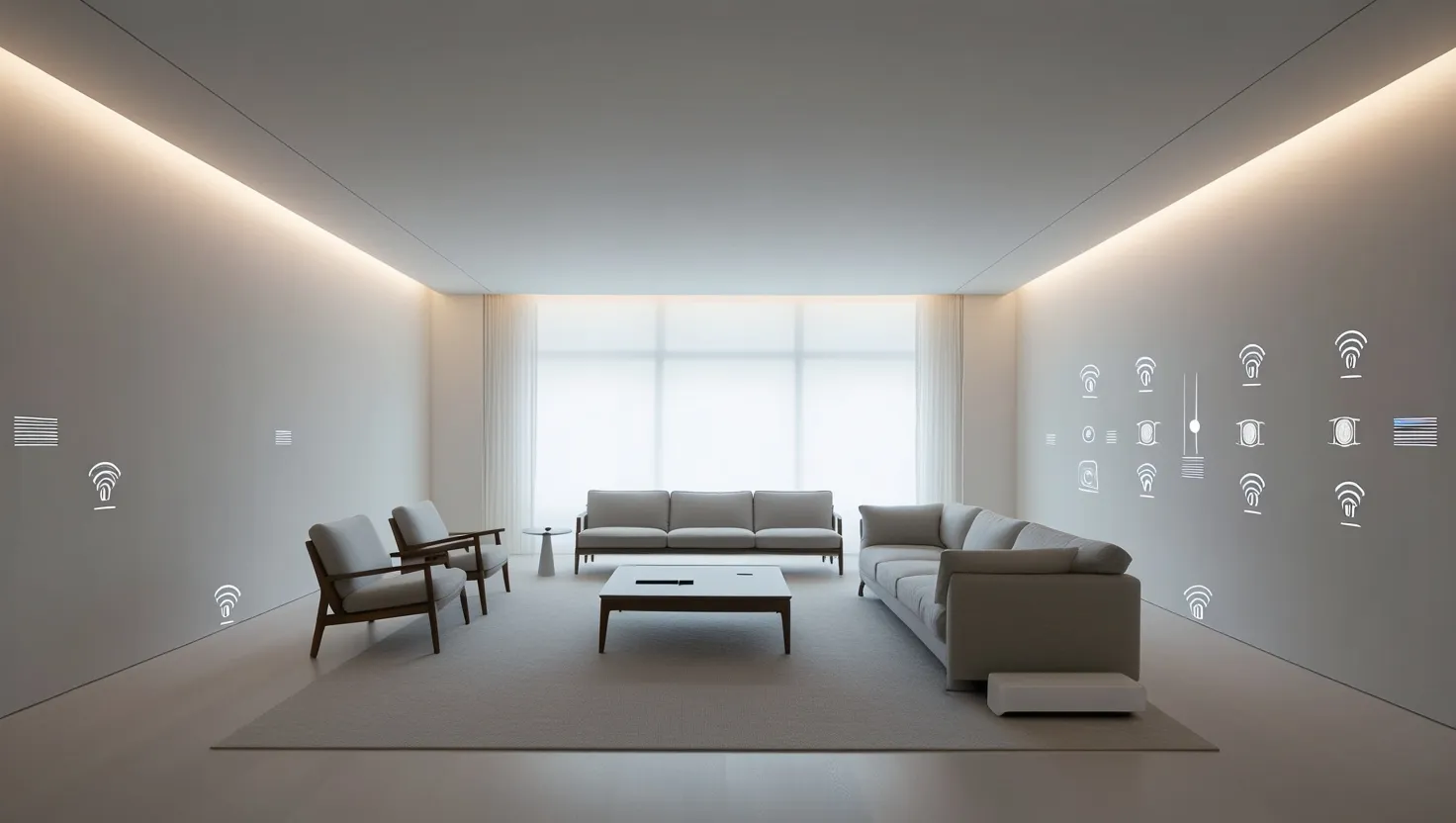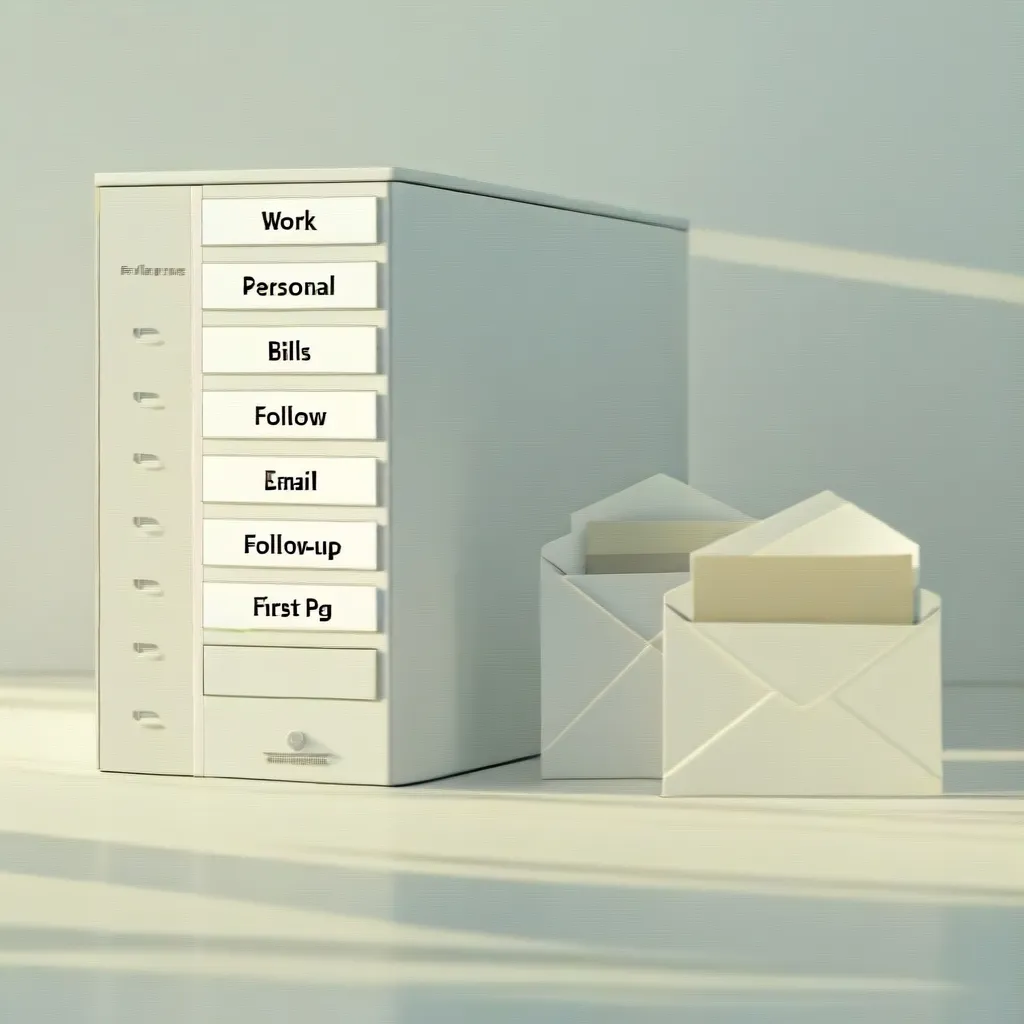As I stand in my home, surrounded by the comforts and conveniences of modern life, I often wonder how I can make this space not just a refuge, but a haven that is gentle on the planet. The journey to a smarter, greener home is not just about grand gestures; it’s about the small, innovative habits we can adopt daily.
The Power of Smart Recycling
Recycling is one of those habits that we all know is important, but often find cumbersome to implement effectively. Imagine walking into your kitchen and seeing a sleek, modern recycling bin with a QR code on it. This isn’t just any recycling bin; it’s a smart one. With a quick scan of the QR code, you can find out exactly what materials can be recycled and how to prepare them. This simple innovation can significantly increase the efficiency of your recycling efforts.
“As the world grapples with the challenges of climate change, environmental degradation, and social inequality, it is clear that a new economic model is needed – one that is based on the principles of sustainability and equity,” says Ban Ki-moon, former Secretary-General of the United Nations. How can we apply these principles in our daily lives?
Vertical Gardens: A Breath of Fresh Air
Have you ever considered turning a corner of your home into a lush, vertical garden? These indoor gardens are not just aesthetically pleasing; they are also powerful air purifiers. By using a trellis or a wall-mounted planter, you can grow fresh herbs like basil, mint, and rosemary, while also improving the air quality in your home. This is especially beneficial in urban areas where air pollution is a significant concern.
What if you could grow your own herbs year-round, regardless of the season outside? How would that change your cooking and your health?
The Zero-Waste Kitchen Challenge
The kitchen is often the heart of the home, but it can also be one of the most wasteful areas. The “zero-waste” kitchen challenge is about minimizing waste to almost nothing. This involves planning meals carefully, using up leftovers creatively, and avoiding single-use plastics. For instance, instead of buying pre-packaged spices, you can buy them in bulk and store them in reusable containers.
“Zero waste is not just about recycling and composting; it’s about changing our relationship with stuff,” says Bea Johnson, a pioneer in the zero-waste movement. How can you start reducing waste in your kitchen today?
Greywater Recycling: Watering Your Plants Sustainably
Water is a precious resource, and conserving it is crucial for a sustainable future. One innovative way to do this is by setting up a greywater recycling system. Greywater is the wastewater generated from sinks, showers, and washing machines – water that is not contaminated with sewage. By redirecting this water to your plants, you can significantly reduce your water consumption and lower your utility bills.
Imagine being able to water your garden without ever turning on the tap. How would that feel?
Smart Power Strips: Cutting Down on Phantom Energy
Phantom energy, also known as standby power or vampire power, is the energy consumed by electronic devices when they are turned off but still plugged in. This can account for up to 10% of your total energy consumption. Smart power strips can eliminate this waste by cutting off power to devices when they are not in use.
“Energy efficiency is not just a good idea; it’s a necessity,” says Amory Lovins, a renowned energy expert. How much energy could you save by simply switching to smart power strips?
The Cumulative Impact
These habits may seem small on their own, but together they can make a significant difference. By implementing a smart recycling system, creating an indoor vertical garden, adopting a “zero-waste” kitchen challenge, setting up a greywater recycling system, and using smart power strips, you are not just making your home smarter and greener; you are contributing to a global movement towards sustainability.
As Mahatma Gandhi once said, “The earth has enough resources for our need, but not enough for our greed.” What changes can you make today to live more sustainably?
A Call to Action
Sustainability is not a destination; it’s a journey. It’s about the small choices we make every day that add up to make a big difference. So, the next time you’re thinking about how to make your home more sustainable, remember these innovative habits. They are not just good for the planet; they are good for you too.
How will you start your journey to a smarter, greener home? Will you begin with a smart recycling bin, an indoor garden, or perhaps a “zero-waste” kitchen challenge? The choice is yours, but the impact is collective. Together, we can create homes that are not just comfortable and convenient but also environmentally friendly.
